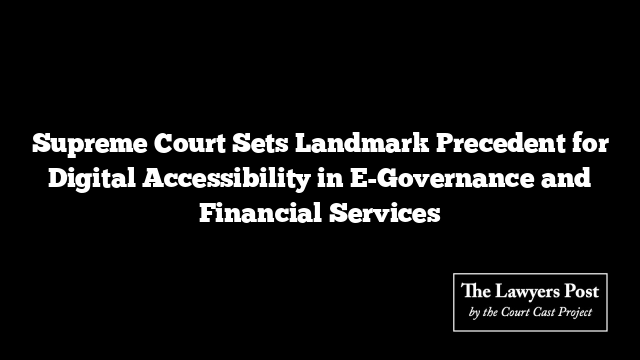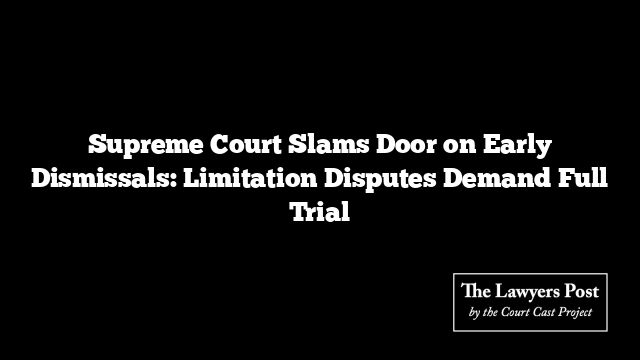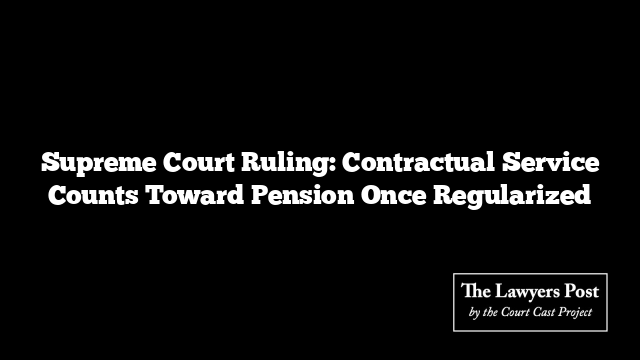In a transformative move for digital inclusivity, the Supreme Court of India has ruled that the right to digital access is an integral part of the right to life under Article 21 of the Constitution. This landmark decision, delivered on April 30, 2025, mandates that government platforms, including e-governance services and digital payment systems, must be fully accessible to persons with disabilities.
The Court emphasized the importance of accessibility in the digital realm, directing the Reserve Bank of India (RBI) to introduce new guidelines for conducting digital Know Your Customer (KYC) processes. These guidelines are specifically designed to accommodate individuals with visual impairments and acid attack survivors, ensuring that traditional methods like blinking for photo verification are not the only option for confirming a user’s identity.
Acknowledging the unique challenges faced by individuals with disabilities, the Court also ordered that fingerprint images be accepted during the digital KYC process. These efforts are part of a broader initiative to ensure that all electronic and print media align with Section 46 of the Rights of Persons with Disabilities (RPwD) Act, 2016.
The Court’s directions include the following pivotal steps for both government and private entities:
- Mandatory Accessibility Compliance: All reporting entities, including government and private sectors, are now required to adhere to accessibility standards, with a dedicated officer assigned to monitor digital compliance within each department.
- Periodic Audits and User Testing: Entities must undergo regular accessibility audits and involve individuals with disabilities in the testing phases of new apps or website features.
- Alternative Methods for Digital KYC: The RBI is tasked with creating new alternatives to the traditional “blinking eyes” method for verifying a customer’s identity during e-KYC processes.
- Inclusion of Disabilities in Records: KYC forms and customer acquisition processes must now include fields to capture the type and degree of disabilities, ensuring that service providers offer reasonable accommodations.
- Broader Digital Accessibility Initiatives: The Court called for the inclusion of sign language interpretation, closed captions, and audio descriptions for users with hearing or visual impairments.
- Support for Digital Platforms: All government and regulated platforms must adhere to the Web Content Accessibility Guidelines (WCAG) 2.1, ensuring seamless access for people with disabilities.
- Grievance Redressal and Assistance: A dedicated grievance mechanism and helplines will be established to assist persons with disabilities through the KYC process, offering both voice and video support.
- Public Awareness and Training: The RBI will lead public awareness campaigns and integrate disability sensitivity training into e-learning modules for officials of regulated entities.
This progressive ruling not only promotes an inclusive digital ecosystem but also ensures that individuals with disabilities are given equal access to essential services in the digital age.





